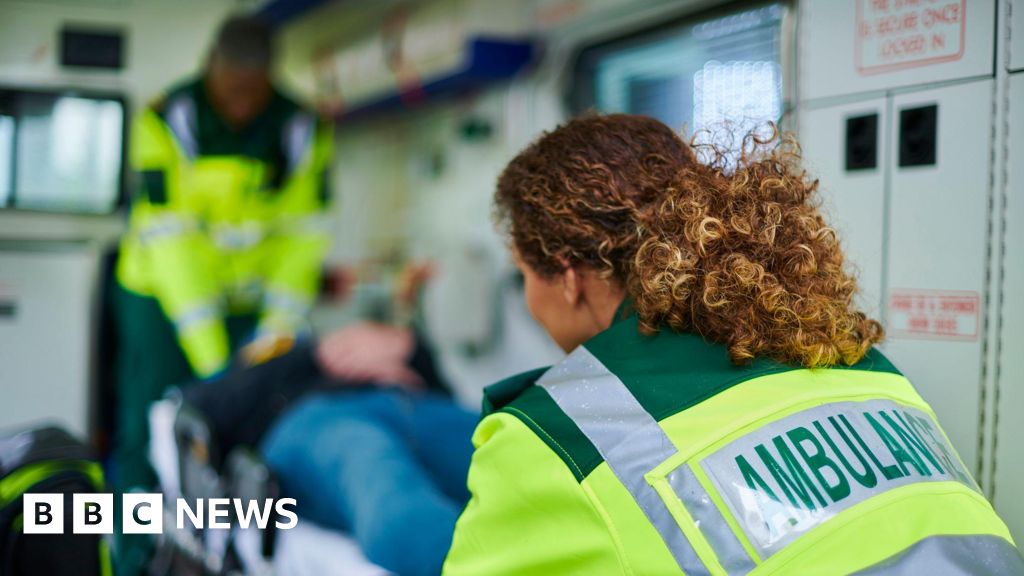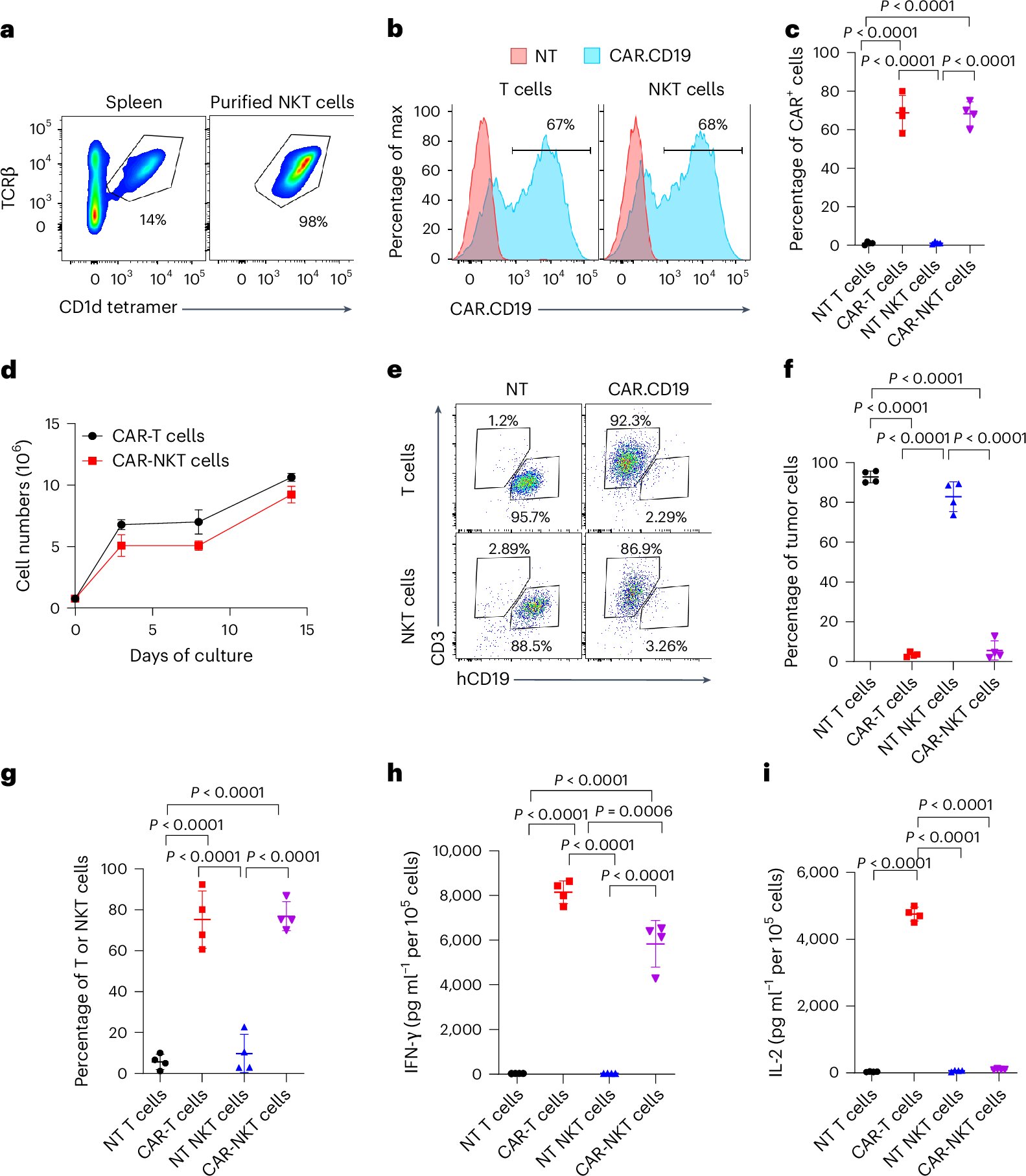The number of people with flu in hospital in England has quadrupled over the last month and is rising “at a very concerning rate”, NHS chiefs warn.
Latest data shows there were 5,000 patients with the virus being treated in hospital at the end of last week – almost 3.5 times higher than the same week in 2023, although not as high as in 2022.
The head of the Royal College of Emergency Medicine told the BBC that pressure on hospitals is “unacceptably awful” and flu is pushing them to breaking point.
It comes as health officials warn of the impact of very cold weather over this weekend on vulnerable patients and the health system.
Prof Julian Redhead, NHS national clinical director for urgent and emergency care, said the figures show “the pressure from flu was nowhere near letting up before we headed into the new year, skyrocketing to over 5,000 cases a day in hospital as of the end of last week and rising at a very concerning rate”.
“With what looks like an extreme cold snap expected right across England ahead of the weekend, we know the low temperatures can be dangerous for those who are vulnerable or have respiratory conditions,” he added.
Prof Redhead says people at risk should try to keep warm and make sure they are stocked up on any regular medication.
Hospitals have put extra beds in place this year to help deal with the pressure from flu and other winter viruses, including Covid and norovirus (the winter vomiting bug).
NHS chiefs say they have also added extra support for people who frequently need emergency services and more care is being delivered outside hospitals.
NHS Confederation chief executive Matthew Taylor said: “The NHS has done all it can in advance to mitigate risks to patients this winter, but we should be under no illusions that the service is in a position of national vulnerability as the intense pressures we are now seeing start to grip local services.”
Figures for last week show some 12,200 patients were left waiting in ambulances for more than an hour before they could be cared for in hospital.
Dr Adrian Boyle, head of the Royal College of Emergency Medicine, told BBC Radio 4’s Today programme that the pressures on emergency departments were “unacceptably awful”.
He said there was “an enormous amount of avoidable harm – excess deaths that shouldn’t be happening”.
“Flu is the straw that is breaking the camel’s back because we have this chronic lack of beds within our hospitals, and we don’t use those beds properly because we haven’t reformed social care,” he added.
His criticism comes on the day the health and social care secretary set out plans for reforming adult social care in England, although they are unlikely to be delivered before 2028 at the earliest.
A number of hospitals in different regions in England have restricted visits and asked patients and visitors to wear face masks to prevent the spread of flu.
In Scotland, there has also been a large rise in the number of people in hospital with flu. Earlier this week, First Minister John Swinney said the NHS was under “very significant pressures”.
A Welsh government spokesperson said there were continued “high levels of demand” on urgent and emergency care services this winter and an increase in flu cases had added further pressure during the Christmas period.



